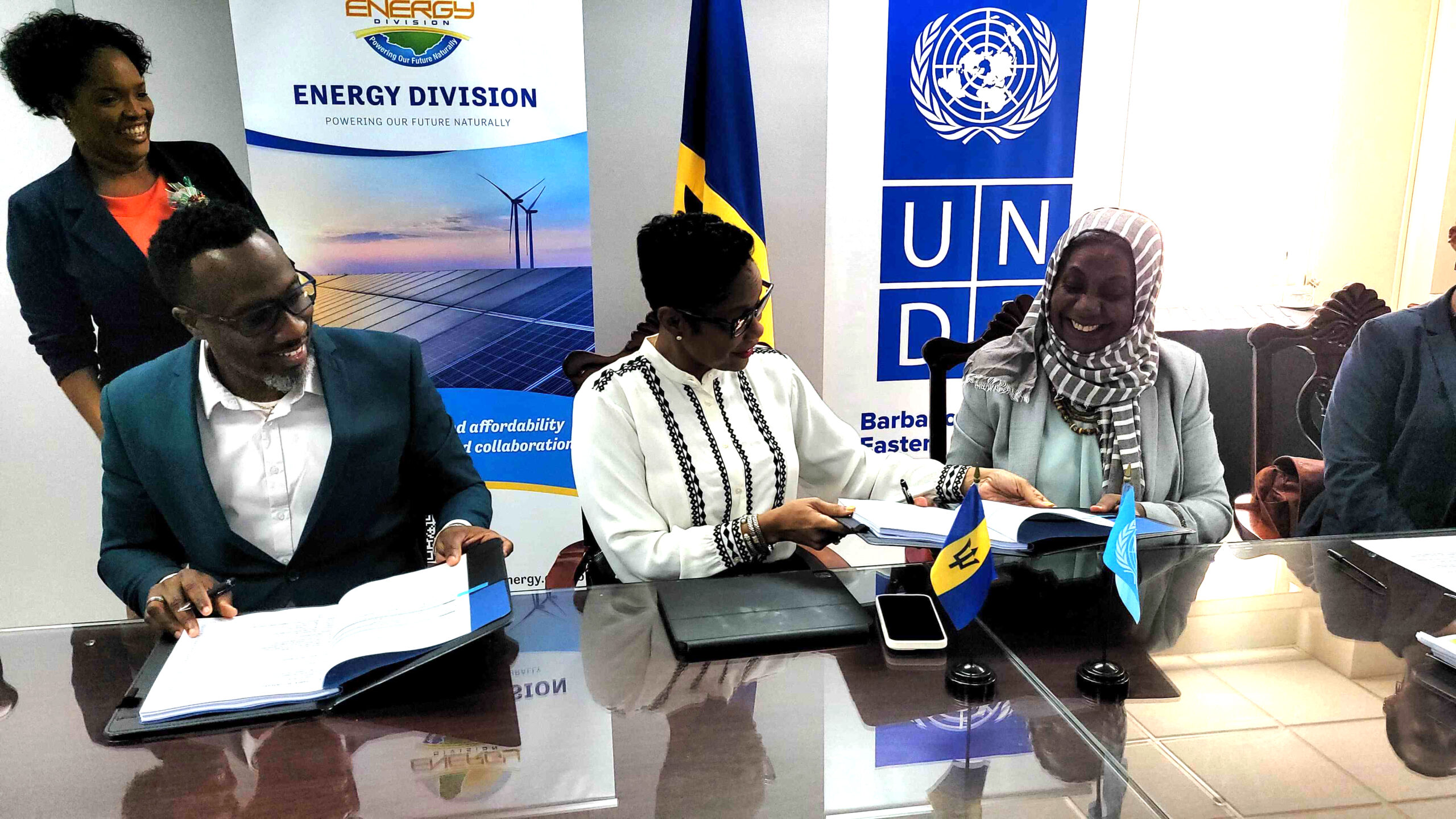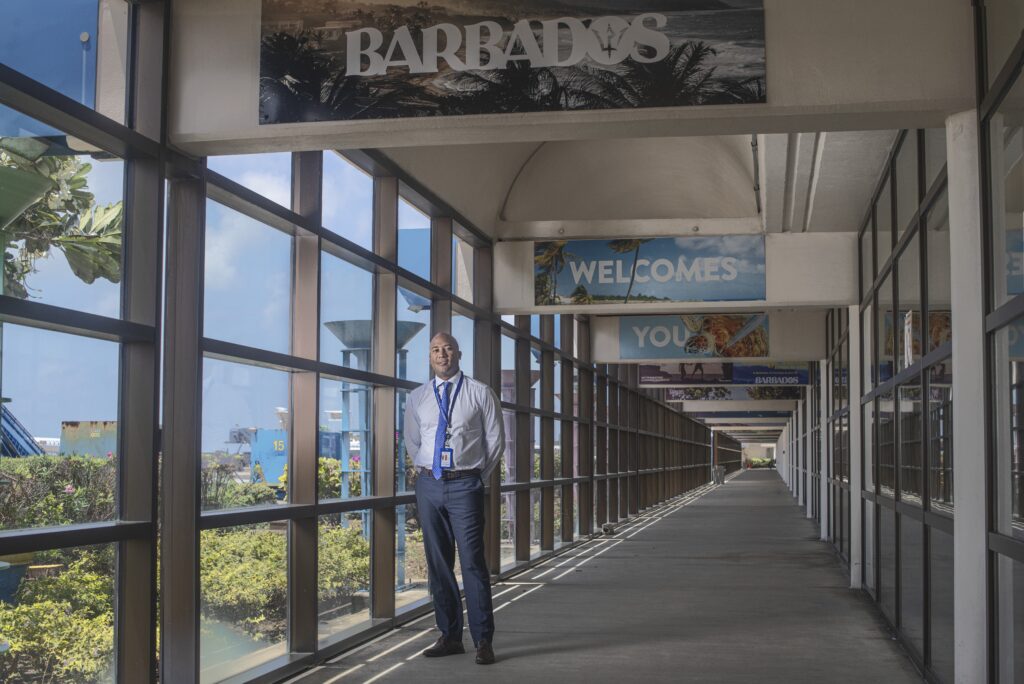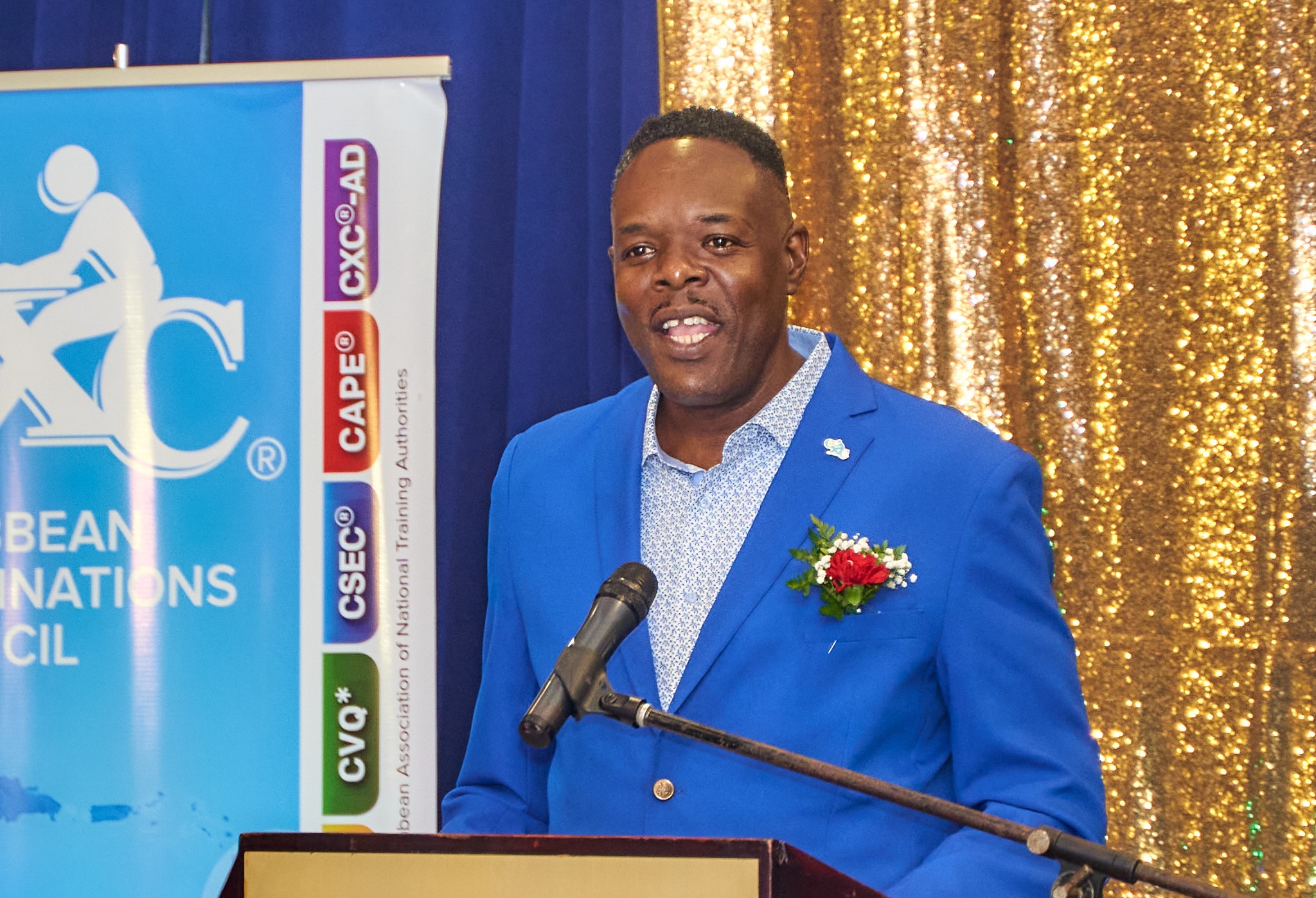Barbados Launches SMARTER Project to Boost Renewable Energy with Agricultural Waste Bioenergy

December 5, 2024
Barbados launches the SMARTER project to convert agricultural waste into bioenergy, aiming to diversify energy sources and reduce fossil fuel dependence. The initiative supports the country's goal of achieving 100% renewable energy by 2030.
Barbados is set to transform its renewable energy strategy by turning agricultural waste into bioenergy, with the launch of a pioneering four-year project that promises to diversify the country’s energy mix and reduce dependence on fossil fuels.
The Sustainable Management and Resilient Thinking for our Energy Revolution (SMARTER) project, funded by the Global Environment Facility, was officially launched on Wednesday at the Ministry of Energy, marking a significant step towards the government’s ambitious goal of achieving 100 per cent renewable energy by 2030.
Energy minister Senator Lisa Cummins emphasised the multidimensional approach to renewable energy, moving beyond the country’s current reliance on solar photovoltaic (PV) technologies.
“Renewable energy is not just about solar PV. While solar has been central to our strategy, it’s intermittent and requires storage technologies to be effective,” she said.
The initiative builds on previous successes in innovative biofuel production, including converting rum waste and sargassum seaweed into energy sources
Currently, Barbados utilises only four megawatts of biomass energy, with the SMARTER project aimed at significantly expanding this capacity.
United Nations Development Programme (UNDP) Resident Representative Limya Eltayeb highlighted the project’s broader implications: “We’ll focus on resource mapping and working with farmers to identify the best substrates for bioenergy production.”
Eltayeb also stressed the economic and environmental benefits, noting it represents “an opportunity for farmers, fisherfolk, and the wider agriculture value chain to participate in the energy transition while creating jobs and fostering innovation”.
Energy ministry technical officer Frank Branch provided insights into the project’s practical implementation, revealing plans to focus on resource mapping and collaborating with farmers to identify optimal substrates for bioenergy production. The official pledged the project will concentrate on developing secure supply routes and supply chains to ensure economic and reliable gas production.
The project directly supports Barbados’ commitments under the Paris Agreement, with the potential to reduce fossil fuel costs and contribute meaningfully to the island’s climate action goals.
As Senator Cummins put it: “Our resilience, our transition to new forms of renewable energy, must be multidimensional. Bioenergy will play a critical role in supporting transportation, heating, and electricity production.” (SM)


